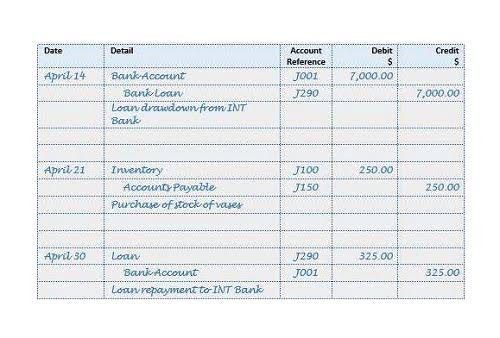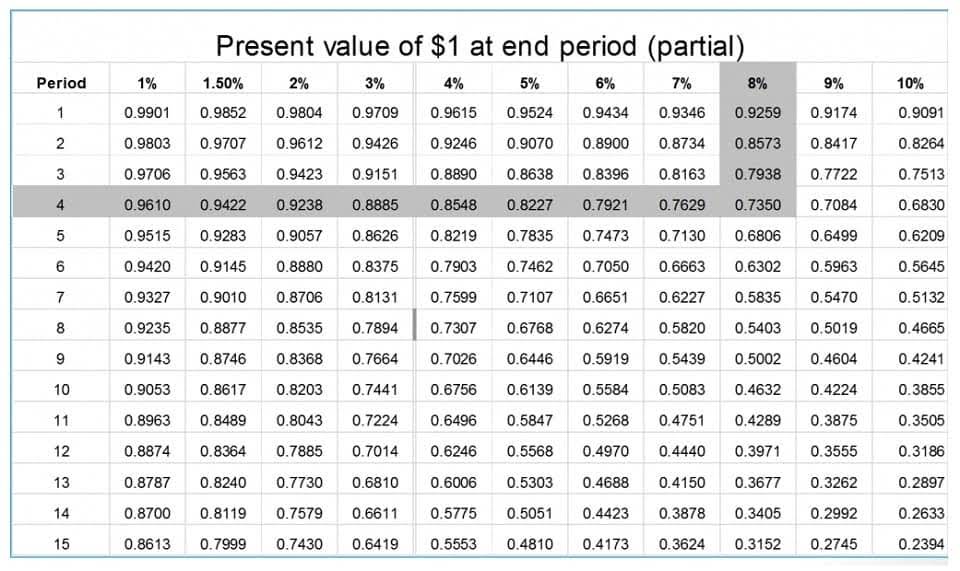
The integration of artificial intelligence in accounts payable automation is a game-changer for financial management. AI technologies help organizations overcome the challenges of manual AP processes. These include the time-consuming task of data entry, slow approval times, and higher fraud risks. The approval workflow bottlenecks in traditional AP systems create equally severe financial consequences. Paper-based processes force unnecessary delays, with the average invoice approval taking days in manual systems compared to hours http://dj.tofski.pl/enrolled-agent-logo-internal-revenue-service/ in automated environments. This latency carries tangible costs – from missed early payment discounts to strained supplier relationships that may result in less favorable terms.
Choose your AI-powered AP solution
- From invoice capture to payment execution, AI enables touchless processing.
- By using technologies like OCR and NLP, AI can process scanned or digital invoices of any format, ensuring precision and consistency.
- It will also integrate deeper with enterprise systems for smarter financial decisions.
- Advancements in finance AI have enabled companies to handle larger volumes of invoices without significantly increasing staffing levels.
- Finance teams are already seeing the impact of AI in day-to-day operations—from invoice processing to fraud detection.
- According to PYMNTS research, 78% of CFOs view AI integration in AP processes as crucial, while 73% of mid-sized business executives believe automation boosts cash flow, savings, and growth.
AI technologies, including machine learning and robotics, are being integrated into AP systems to automate routine tasks such as data entry, invoice processing, and approval workflows. This automation minimizes manual intervention, leading to faster processing times and payables artificial intelligence / payables ai reduced operational costs. One major challenge businesses face in accounts payable is the manual handling of invoices, which can be time-consuming and prone to errors. Invoices often come in various formats, requiring employees to manually enter data, cross-check details, and route approvals. This inefficient process increases the risk of mistakes, delays in payment, and compliance issues, leading to lost time and higher operational costs. These issues demand an automated solution to improve accuracy and streamline workflows.

Ways Artificial Intelligence is Revolutionizing Accounts Payable
- AI-based solutions deploy RPA to take over rules-based tasks and enable complete workflow integration.
- Advanced AI tools now carry out fully-automated data validation processes to ensure data hygiene and exercise smarter duplicate detection.
- AI is also expected to make big advancements in fraud detection, further improving its ability to spot irregular patterns and anomalies.
- Ramp’s AI tools automated data extraction and streamlined the payment approval workflow, processing invoices quickly and accurately.
- By improving financial visibility and reducing inefficiencies, AP automation is shifting the department from a cost center to a strategic contributor to profitability and working capital optimization.
- Accounts payable (AP) processes play a critical role in ensuring smooth cash flow and operational efficiency.
AI automates tasks like invoice receipt and data entry, reducing the need for manual oversight. These improvements not only make workflows more efficient but also ensure financial operations are timely and accurate. AI automation can take over repetitive tasks, reduce human error, and find valuable insights from large amounts of data. This results in smoother workflows, better cash flow management, and smarter financial decisions.

The Need for AI in Accounts Payable
Besides ensuring data accuracy, this significantly eases the AP employees’ audit workload during tax season and mitigates the risk of internal fraud. Legacy software lacks the features to switch seamlessly from one process to another, resulting in fragmented workflows, data silos, and a need for human intervention at every step. AI-based solutions deploy RPA to take over rules-based tasks and enable complete workflow integration. Moreover, Cheah says predictive analytics uses historical data and Machine Learning (ML) to forecast cash flow, identify trends in payment delays, and predict future spending patterns. Continuous monitoring systems establish vendor behavior baselines to flag suspicious activities and potential duplicates. Real-time compliance engines automatically apply current tax regulations while maintaining complete audit trails of all processing decisions.


Rather, they can use centralized portals where all accounting functions happen together. Fortunately, new-gen applications come with open interfaces that allow connection with other software. AI-powered automation finds its applications in every corner, helping accountants solve petty cash complex issues. The future of AP is not just about managing costs — it’s about driving value and innovation,” Johnson said. At the same time, embracing a “less is more” philosophy can help firms move closer to unlocking growth via their AP functions.
Challenges of Traditional Accounts Payable Processes
AI verifies extracted data against purchase orders or contracts in real time. If totals don’t match or essential details are missing, AI flags these discrepancies immediately. Errors are caught early, and there’s less need for frequent human intervention. Validation becomes faster, and the risk of overpayments or duplicate payments drops significantly.
- Decades ago, we used laid-back, manual methods and paper documents to process AP.
- The root of success for AI technology and ML-based systems is continuous learning and adaptation.
- This blog explores seven ways AI can automate the accounts payable process, optimizing operations and contributing to overall business success.
- As a result, businesses that embrace and adapt to these technological advancements will be better positioned to stay competitive and maintain a strong financial footing.
- Start by running a few invoices through the system, potentially with one or two vendors you have a good relationship with.
- This leads to better financial planning and more efficient growth strategies.
- Over 55% of AP leaders have prioritized agile analytics, up from 50% in 2024, to track spending trends, identify savings opportunities, and forecast cash flow needs 6.
What are accounts payable AI feature leaders?
Traditional AP processes rely heavily on manual data entry, a notoriously error-prone and labor-intensive task. AI-driven systems, leveraging optical character recognition (OCR) and machine learning algorithms, can extract, categorize and validate invoice data with near-perfect accuracy. These systems recognize patterns, learn from historical data, and flag anomalies in real time, significantly reducing processing errors and the need for human intervention. AI-powered accounts payable solutions can integrate with BPM applications, ERP and accounting software packages, chatbots, mobile platforms, and more.


